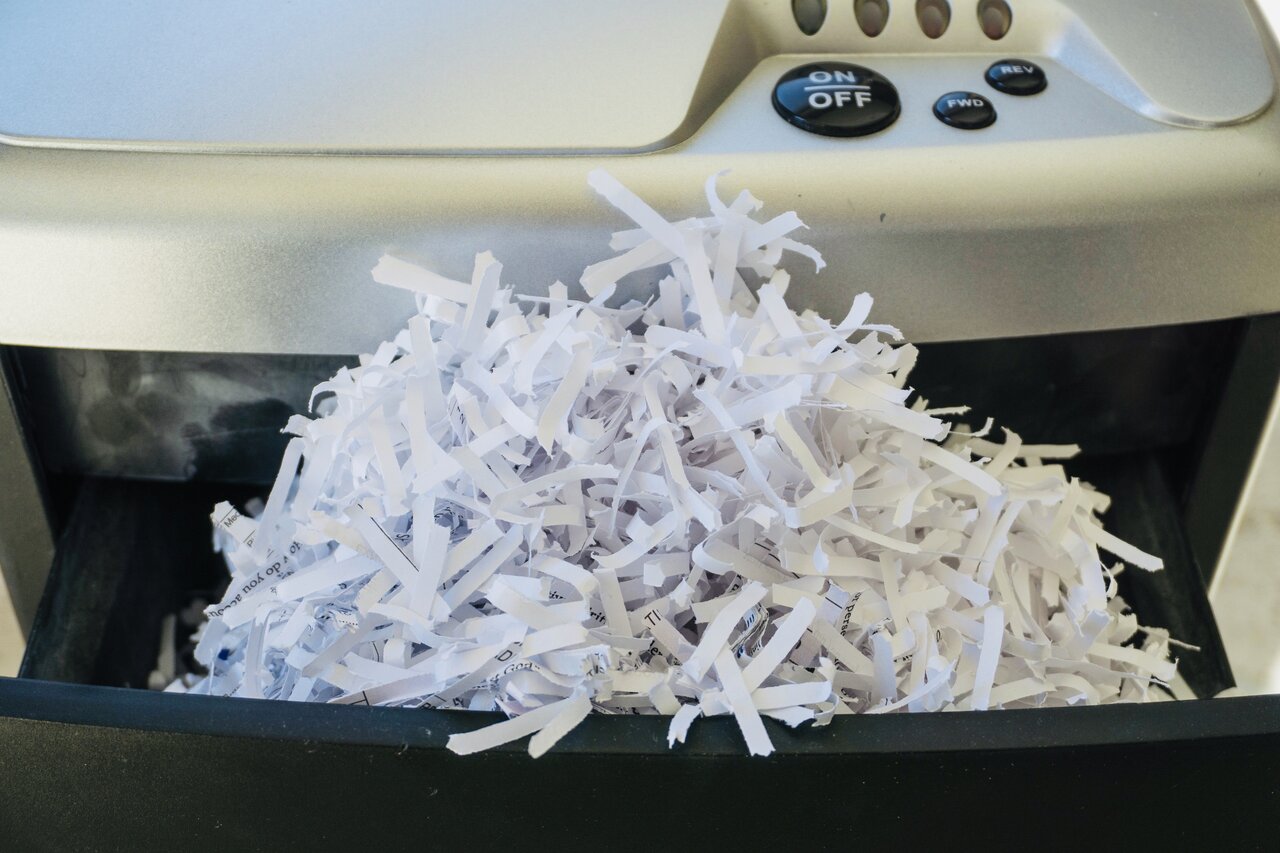Four Data Protection And Recovery Strategies
Backup
A robust backup plan is the first step to data protection. At the very least, you should back up any information your business can’t function. Ideally, you should back everything up. A tape backup provides a cost-effective method of protecting a large volume of files and applications across your enterprise.
Use multiple tapes to backup your data daily, weekly, and monthly, and capture a comprehensive, current snapshot of your data in case of disaster. The businesses that handle large volumes of sensitive data must perform backups every few minutes. In smaller businesses that handle document management in Houston, TX, you may only need backups once a day.
You can customize the frequency of backups for different data types with a good backup solution. As a result, your most valuable data is backed up more frequently, while more static data can go longer without replication, reducing the load on your systems. The following backup frequencies apply to various roles of servers:
- The exchange server is backed up hourly
- The terminal servers are backed up daily
- Multiple weekly backups are performed on auxiliary domain controllers
Offsite Vault Storage
Don’t forget that a backup strategy is worthless without the ability to restore your data quickly in a disaster. Unlike cloud backup, where data recovery is dependent on internet speed and availability, offline tape backup offers plug-and-play data restoration. The key is to keep backup tapes safe, organized, and secure.
In an emergency, you never want to have to scramble to find the right tapes to restore mission-critical files and applications. A secure, offsite vault ensures that your backup tapes are protected and preserved for fast data recovery. A screened security team rotates lockable and barcoded protective cases filled with backup tapes from your desk or server room to a media vault for storage.
Magnetic and optical media are stored at this specialized facility exclusively for long-term protection and preservation. You can protect your media with temperature and relative humidity controls and a waterless fire suppression system. In a disaster, your backup tapes are quickly delivered to your business or disaster recovery site.
Data Recovery Testing
It’s best to test your backup recovery procedure before a disaster strikes. Your backup tape storage and rotation provider will work with you to ensure that the right tapes arrive at the right time whenever you schedule disaster recovery testing every year.
Media Destruction
Eventually, a portion of your backup data will end its lifecycle. The company should securely destroy countless gigabytes of sensitive data to prevent it from being accessed by the wrong people. Make sure outdated backup tapes are destroyed with hard drive destruction services.
Shredding technicians follow a strict chain of custody when collecting your tapes for destruction. As a result, you have a permanent record demonstrating that you comply with state and federal privacy laws.
Summary
Take advantage of these best cloud storage in Houston, TX, data protection and recovery strategies to keep your small business running during a catastrophic event.
Learn how the best and cheapest cloud storage, hybrid-cloud backup and disaster recovery solutions from We Scan Files can protect your business against data loss by requesting a free demo






